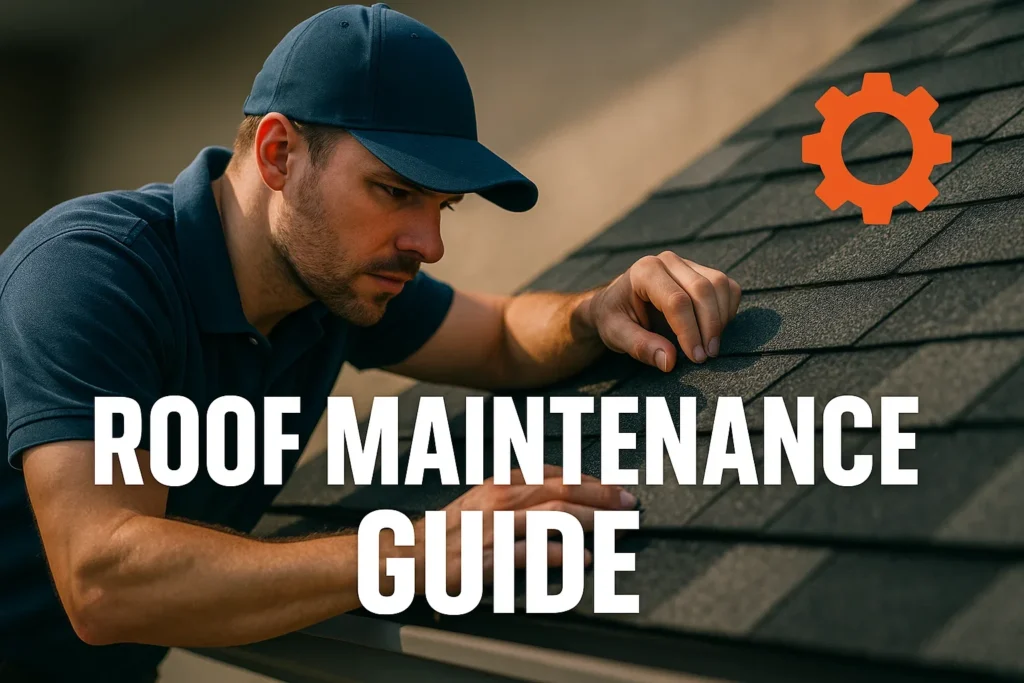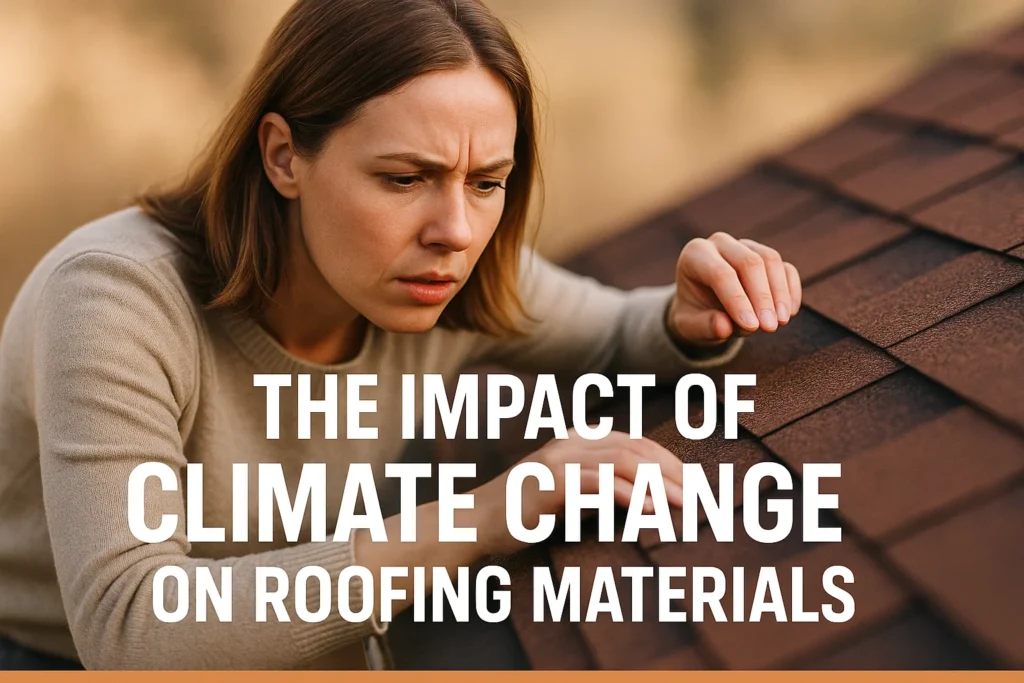A professional roofing system is one of the important investments in your home. Regular roof care not only safeguards your property from water and structural damage but also extends the life of your roofing material and saves you money in costly repairs and replacements. Whether you’re a homeowner, property owner, or just want to ensure your roof well well-shaped for as long as possible, this complete guide will give you some professional insights alongside some roof maintenance tips throughout the seasons.
Why Roof Maintenance Matters?
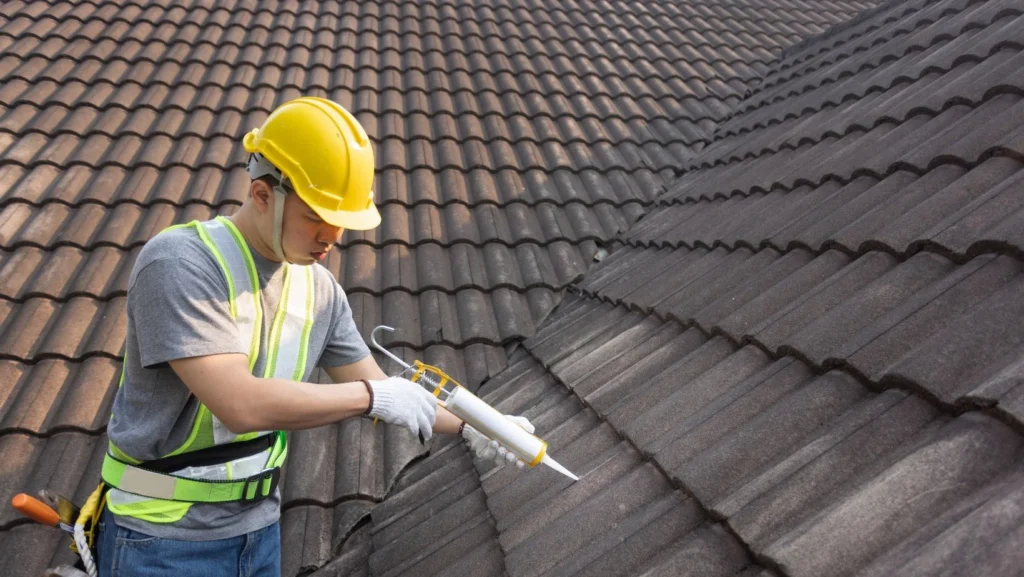
Your roof is the first line of defense that protects your home from the elements. Exposure to sunlight, moisture, or debris in the environment can degrade the most durable roofing materials. Without preventative maintenance, minor problems are likely to become major issues (like leaks, mold, insulation damage, and structural failure). The proactive maintenance of your roof is important to:
- Maximizing roof lifespan and delaying costly roof replacements
- Preventing water intrusion and interior damage
- Maintaining energy efficiency and insulation performance
- Preserving curb appeal and property value
- Reducing long-term repair and maintenance costs
How Long Does a Roof Last: Roof Lifespan?
The life of your roof will depend largely on the material, installation, climate, and maintenance. Here’s a quick rundown of popular roofing materials and how long you can expect them to last:
| Roofing Material | Average Lifespan (Years) |
| Asphalt Shingles | 15–30 |
| Architectural Shingles | 25–40 |
| Fiberglass Shingles | 25–50 |
| Metal Roofing | 40–70 |
| Clay/Concrete Tiles | 40–100 |
| Wood Shingles/Shakes | 20–40 |
| Slate | 75-150 |
With regular roof maintenance, you can reach or possibly surpass these averages that determine your roof’s lifespan, and vice versa.
Essential Roof Maintenance Tips for All Seasons
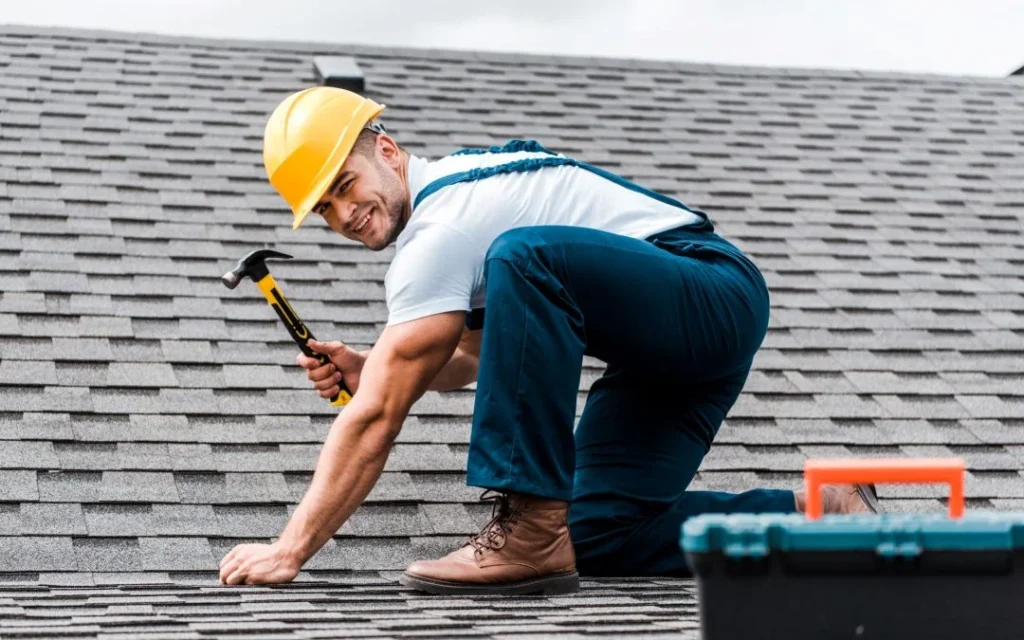
Keeping your roof in good condition is the key to safeguarding your home from the elements for a long time. Season to season, your roof faces many challenges that can impact a roof’s health. With a little knowledge of what to check and plan for, the rest of the year will be smooth sailing (or living) from a weather standpoint. Here are some of those targeted strategies that help you guard against potential problems and preserve the structural integrity of your home.
Spring
- Inspect for Winter Damage: Inspect your roof for missing, broken, or curling shingles, damaged flashing or loose gutters.
- Clean Gutter and Downspouts: Clear gutters and downspouts to eliminate water buildup and potential leaks.
- Inspect for Moss and Algae: Remove growth to save your shingles.
Summer
- Check for Sun Damage: Check for blistering or curling shingles from the sun.
- Trim Overhanging Branches: Avoid branches from rubbing against or falling onto your roof during storms.
- Inspect Attic Ventilation: Properly ventilate your attic to help prevent heat and moisture build-up.
Fall
- Get rid of leaves and debris: Clear roofs and gutters stay dry and ice-dam free.
- Check Flashings and Seals: Ensure roof penetrations (vents, skylights, chimneys) are sealed properly.
- Arrange for an inspection by the Pros- Protect your investment and schedule with the pros to check your roof before winter.
Winter
- Watch for Ice Dams: Avoid pooling water under shingles by breaking the snow and ice formation up.
- Search for Leaks: With the rain, you will certainly see the signs of leakage on your attic and on your ceilings.
- Don’t walk on the roof: The roof becomes slippery and dangerous with snow and ice; defer any major work to professionals.
Preventative Roof Maintenance Checklist
A preventative maintenance list is your guide to ensure that your roof remains in prime condition year after year. The routine maintenance of regular visual inspections of critical points and upkeep makes it easier to identify small problems before they turn into larger ones. If you do these things regularly, you can prolong the life of your roof, save on repairs, and protect your home from water damage.
Maintenance for Different Roof Types
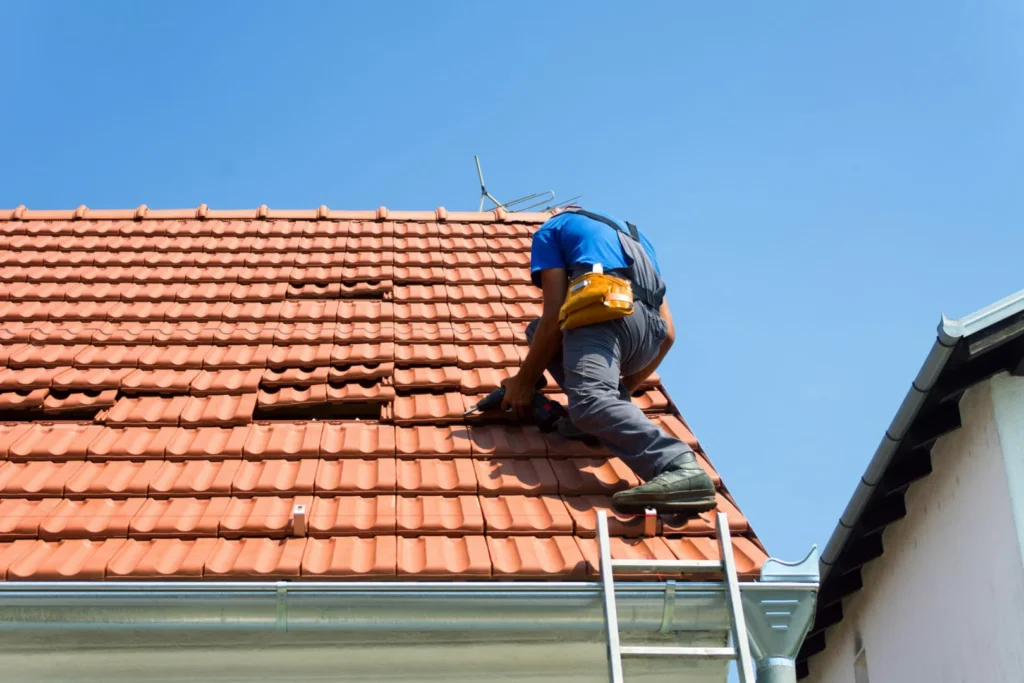
Maintaining an Asphalt Shingle Roof
- Promptly replace broken or missing shingles.
- Apply zinc or copper strips to keep algae away.
- Do not use high-pressure washing that can damage shingles.
Metal Roof Maintenance
- Inspect for loose fasteners and sealant lapses.
- Eliminate dirt to protect against scratches and damage.
- Review for rust and touch-up paint if necessary.
Cedar Shakes and Wood Roofs
- Clean out moss and debris regularly.
- Use preservative-treated wood to resist rot and insects.
- When you find split or curled shakes, replace them as soon as possible.
Tile and Slate Roofs
- Examine the tiled/slate coating to see if any are cracked or damaged.
- Do not step on the roof, as it may break.
- Check that flashing and underlayment are in good condition.
Professional Roof Maintenance Services
There are a number of benefits of hiring a professional roofing maintenance service:
- Whole Home Inspections: Professionals will discover issues that you wouldn’t.
- Safety Repairs: Technicians have the knowledge and tools to work safely.
- Warranty Protection: According to most roofing manufacturers, they advise homeowners to hire a professional to clean their roof regularly.
- Full Service: May be cleaning, minor repair, or reports.
Roof Maintenance Cost in 2025
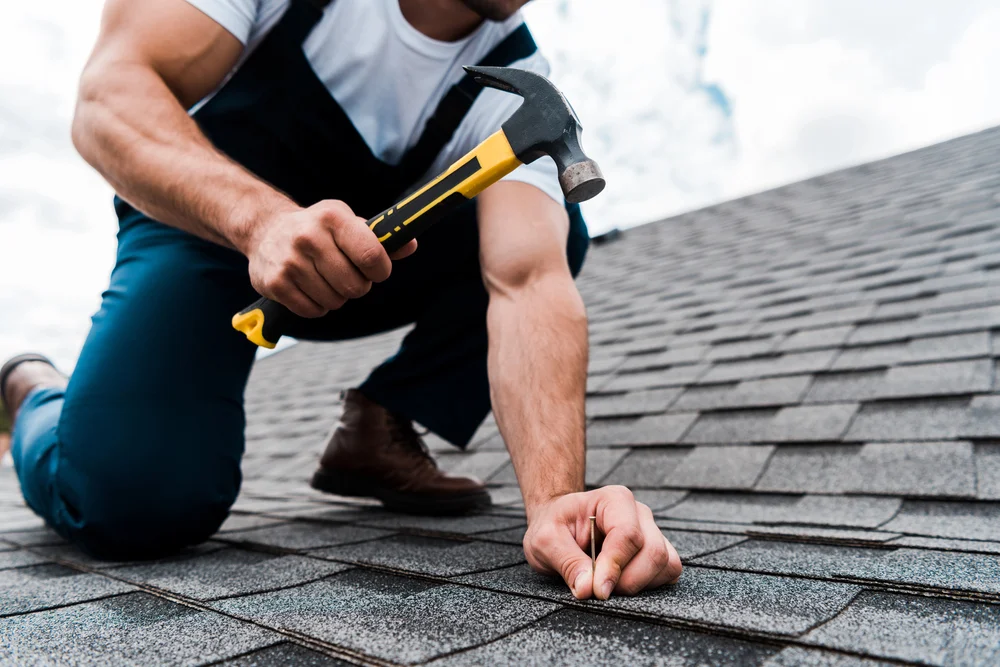
No matter what, the price to maintain a roof will depend on the size of your roof, the material, how damaged it is, and the location. Here’s a general breakdown for 2025:
| Service Type | Average Cost |
| Basic Inspection | $150–$400 |
| Gutter Cleaning | $100–$300 |
| Minor Repairs | $200–$600 |
| Professional Maintenance Package | $300–$1,000+ |
| Moss/Algae Treatment | $250–$750 |
| Basic Inspection | $150–$400 |
| Gutter Cleaning | $100–$300 |
Conclusion
Maintaining your roof isn’t a seasonal chore; it’s a long-term investment in the safety, value, and efficiency of your home. By keeping on top of maintenance, fixing problems as they arise, and employing professional services as necessary, you can greatly prolong the life of your roof and avoid huge expenses. Whether you have an asphalt, tile, wood, or metal roof, the maintenance you do will have your roof serving you well for many years to come.
FAQs
Check your roof twice a year (ideally in the spring and fall) and after major storms.
Many tasks, such as cleaning gutters and performing visual inspections, are DIY. For both repairs and for steep or high roofs, have a professional do it for you, for safety’s sake.
Most roofs last 20 to 50 years, depending on the material. Asphalt shingles last 20 to 30 years, and on average, a metal roof, 40 to 70 years.
Yes. Some warranties require regular service and professional inspections to stay in effect.
Regular maintenance is less expensive than the price of larger repairs or replacements. Maintenance investments pay off over time.


